Why does this matter?
Prayer is at the heart of how we relate to God. How we pray together will shape our thinking about God, ourselves and our world. Jesus and the New Testament writers devote significant teaching to how we pray and what we pray for that our praying might honour our Heavenly Father.
Prayer is a vital part of our relationship with God as individuals and as a church community. In public prayer you lead us in bringing our corporate concerns to God. What you pray for and how you pray powerfully models how we should relate to God.
Prepare ahead during the week and have your prayers written in detail when you arrive at church.
Join those who are serving up the front in a time of prayer at 10:15am in the auditorium.
Know when you are on so there isn’t a gap while we wait for you to walk up the front. If you pray straight after a song it is your job to be there in time to tell people to sit down.
Stand in front of the microphone before speaking.
Introduce yourself and invite people to join you in prayer.
Take a breath and pause to settle yourself. Speak slightly slower than the pace that feels natural.
Sit down when you are done.
-
Lead the congregation in a prayer of Praise/Adoration. You need to compose this yourself. (thanking God for who he is and what he is like – perhaps using an idea in the song that immediately precedes your prayer, or from the Bible verse used in the Call to Worship). This prayer should be about 100-250 words long.
-
Lead the congregation in a set prayer of confession. It will be one of the specific set prayers of Confession (First Prayer A, B, C or D) or might be “no set prayer” in which case you are expected to compose and pray your own prayer (this prayer should be about 100-250 words long).
The wording of the set prayer is in the Plan item in the Plan for the Sunday you are on. (Click on the date for your service in the table below and then select the Plan tab.) If you don’t wish to use the set prayer or use a different text for the word of assurance, please check with Craig first. Someone else will be assigned to Second Prayer.Examples for introducing the Prayer of Confession:
Whenever we reflect on what God is like, it should remind us that we are sinners unworthy in ourselves to call him our father except for his forgiveness thru Jesus. To acknowledge this together before God, lets pray aloud these words. (Don’t say ‘lets read aloud’ or ‘say aloud’, but ‘lets ‘pray aloud’ or ‘say out loud to God’.)
In praising our Almighty God, we also acknowledge our failings before him, not as people still guilty or condemned but as those saved, forgiven and adopted as his children. So knowing that our God hears and forgives – lets pray together aloud these words from the screen: -
Introduce the Words of Assurance – a Bible passage that speaks of God’s forgiveness – with something like “Hear God’s assurance in his word for those who seek him with confession and repentance…” Please make sure you don’t give you the impression that you are assuring people of their forgiveness (in some priestly way) but that God is doing it!
SEE THE Run Sheet FOR THE PARTICULARS FOR PRAYER FOR EACH WEEK
Second Prayer is on after the talk and makes specific requests (300-450 words).
Each week please pray in response to the Word. In the light of the sermon today: What can we thank God for? What should we be asking him to do? What should we be asking him to change about us? You can talk to the preacher before Sunday to get a clearer idea on this.
Each week you will be asked to pray for matters inside the church and outside the church. There is a cycle of prayer points and the staff will often add additional specific topical points for prayer. You can find this in the Elvanto Plan for the Sunday you are rostered.
Give a Brief Introduction. For example: We will pray now for our financial giving, in response to what we have heard today in Gods Word, and for wisdom with upcoming State elections. Then pray.
SEE THE Run Sheet FOR THE TOPICS YOU ARE PRAYING FOR
Second Prayer Schedule
See Who is Serving in the Platform Team this Sunday
If you have a question or issue speak to the Platform Coordinator
(full job description here)
The Co-ordinator(s) manages the team. This is a behind the scenes role. A coordinator is available (rostered in Elvanto each week) to deal with last minute drop-outs and other issues where you and the Up Front team need support.
Monitor and manage volunteer drop-outs.
Recruit new volunteers (subject to sign off from Serve Director).
Provide training for the team.
Proactively monitor the effectiveness of this ministry against the overall Scots vision.
Be available on the phone from 9:30am and in the building from 10am in case there is a major technical or logistical issue requiring us to significantly change our plan. The Platform and AV Coordinators will make the final call in these situations.
At Scots on Sundays, the Greet Co-ordinator and the Platform Co-ordinator are the fire wardens.

